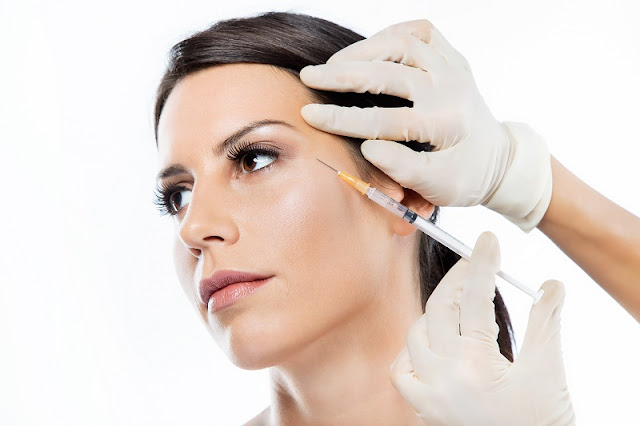Introduction-
Are you struggling with persistent skin conditions like acne, eczema, or psoriasis? Or perhaps you are concerned about potential skin cancer risks? If so, a dermatologist could be your best ally. But what does a dermatologist exactly do? And how can they help improve your skin health? This article will guide you through everything you need to know.
Dermatologists, in a nutshell, are the skin care gurus you turn to when you're battling pesky skin issues. However, their role extends way beyond just prescribing creams for acne or offering remedies for sunburn. They're medical specialists, equipped with years of rigorous training, focused on the health and wellbeing of the largest organ of the body—our skin.
Their expertise doesn't stop at the skin, though. Dermatologists also look after the health of your nails, hair, and mucous membranes (the lining inside your mouth, nose, and eyelids, for example). They're adept at diagnosing and treating over 3,000 conditions, including eczema, psoriasis, skin cancer, and more.
A consultation with a dermatologist can be far more enlightening than a Google search. They provide tailored advice, considering your unique skin type, lifestyle, and health history. If you're struggling with a skin condition that's impacting your quality of life, or simply seeking guidance on your everyday skincare routine, a dermatologist is your go-to professional.
This branch of medicine is constantly evolving, with new treatments, technologies, and research emerging regularly. Dermatologists stay at the forefront of these advancements, ensuring they can offer the most up-to-date, effective care.
In essence, dermatologists are much more than skin doctors—they are guardians of our skin health, playing a pivotal role in our overall well-being. So, give your skin the attention it deserves and consult a dermatologist for a comprehensive understanding of your skin health.
Who is a Dermatologist?
A dermatologist is a medical doctor who specializes in diagnosing and treating conditions relating to the skin, hair, and nails. They undergo rigorous training, including four years of medical school, a year of internship, and three years of dermatology residency. Some dermatologists further specialize in areas such as pediatric dermatology, cosmetic dermatology, and dermatopathology.
Common Skin Conditions-
Some common skin conditions that dermatologists diagnose and treat include acne, eczema, psoriasis, and skin cancer. Acne is a common skin condition that occurs when hair follicles become blocked with oil and dead skin cells. Eczema, on the other hand, is a chronic condition that causes the skin to become itchy, dry, and inflamed. Psoriasis is an autoimmune condition that causes the body to produce skin cells at a rapid rate, leading to thick, red, scaly patches on the skin. Skin cancer, the most severe of these conditions, occurs when skin cells start to grow uncontrollably, typically as a result of sun exposure.
The Role of a Dermatologist-
The role of a dermatologist is multifaceted. They diagnose and treat a wide range of skin conditions, manage skin diseases, and provide advice on skin care. They also perform skin screenings to detect early signs of skin cancer. Aside from treating skin conditions, dermatologists also help address cosmetic concerns such as wrinkles, age spots, and other signs of skin aging.
Dermatology Treatments-
Depending on the skin condition, dermatologists can provide a range of treatments. For acne, treatments might include topical medications, oral antibiotics, and certain types of light therapy. Eczema treatments often involve topical steroids and lifestyle modifications, while psoriasis treatments can range from topical treatments to light therapy and systemic medications. For skin cancer, treatments can range from surgical removal of the cancerous tissue to radiation therapy, chemotherapy, or immunotherapy.
Importance of Regular Skin Screenings-
Regular skin screenings are crucial to detect skin cancer at an early stage when it's most treatable. During a skin screening, a dermatologist will examine your skin from head to toe, looking for any unusual moles or spots. Screening frequency depends on your personal risk factors, such as a history of sunburns, a family history of skin cancer, and a large number of moles.
Conclusion-
In conclusion, a dermatologist plays a vital role in maintaining skin health. They diagnose and treat a wide range of skin conditions, manage skin diseases, perform skin screenings, and provide advice on skin care. So whether you're dealing with a persistent skin condition, concerned about potential skin cancer risks, or simply want to maintain your skin's health, don't hesitate to seek the expertise of a dermatologist.
.jpg)



